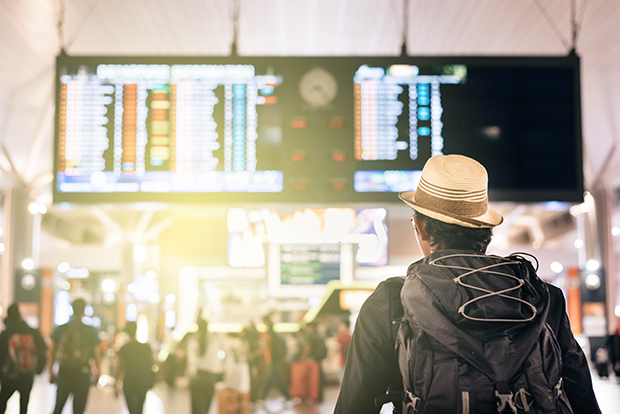Recent research indicates that the global travel market is on track to expand more rapidly than the worldwide economy over the next four years.
Driven by increased travel demand in regions like the US and Europe, as well as the rising middle classes in countries such as India and Indonesia, the market is set for notable growth.
Travel Market Growth Forecasts
The global travel market is expected to grow at a compound annual growth rate of 6% from 2024 to 2028. This expansion will see travel spend exceeding 2019 levels for the first time post-pandemic, reaching over $2 trillion this year.
This growth trajectory is credited to high travel demand in the US and Europe, and the increasing middle-class populations in regions such as India, Indonesia, the Philippines, and Vietnam. Enhanced workplace flexibility and greater freedom of movement also contribute to this anticipated growth.
Recovery and Sustainability Trends
According to Forrester Research, international travel will return to pre-pandemic levels by 2025, although domestic tourism has already surged, recovering faster than outbound travel.
Political instability, like the war in Ukraine, has delayed the rebound of international tourism. Meanwhile, consumers continue to prioritise reducing their environmental impact, driving travel brands to focus on sustainability.
Brands are encouraging eco-friendly travel by promoting less-explored destinations, advocating for the use of public transportation, and highlighting eco-certified accommodations.
Online Travel Agents and Market Share
Online travel agents (OTAs) have seen a significant increase in market share, with the top seven accounting for nearly 46% of global online travel spending last year.
The adaptability of OTAs, thanks to their flexible cost structures, has enabled them to swiftly adjust to market changes, thus consolidating their position in the industry.
In the UK, which leads with 71% of its travel spend online, OTAs continue to thrive, followed closely by China and Australia, reflecting strong online travel channel penetration.
Consumer Spending and Market Dynamics
There is a growing shift towards increasing spend on leisure travel. In key markets, leisure travel now accounts for a significant portion of household budgets, with the UK and US reporting leisure travel spend at 6.5% and 6.2% of household consumption, respectively.
A survey highlighted that over one-third of respondents in key global markets are saving for travel and vacations, underscoring travel’s importance in household spending priorities.
The US remains the largest travel market with a spend expected to reach $650 billion by 2028, growing at a CAGR of 3.8%.
Simultaneously, the UK, China, and South Korea lead in online travel penetration, facilitated by robust e-commerce and digital payment systems.
China’s Role in Global Travel Recovery
China’s travel market is poised for strong recovery, with double-digit growth expected in 2024 and 2025. The country’s outbound travel market is set to reach 99% of pre-pandemic levels by 2026.
The resurgence reflects China’s pivotal role in the global travel landscape, supported by domestic and international travel policies.
UK Travel Market Insights
The UK is predicted to see a full recovery in outbound travel spending by 2024, despite a dramatic decline in 2020 due to the pandemic.
Travel spending in the UK is levelling out, providing stability in the tourism sector, which is vital for the country’s economy. The enthusiasm for international travel remains robust among UK residents.
Sustainability and Brand Adaptation
The shift towards sustainable travel brings significant implications for brands, urging them to adjust their strategies to meet consumer expectations.
The global travel industry is poised for substantial growth, outpacing the broader economy’s expansion.
With a focus on sustainability and the continued rise of digital travel solutions, the sector is positioned for dynamic evolution, meeting modern travellers’ demands.

